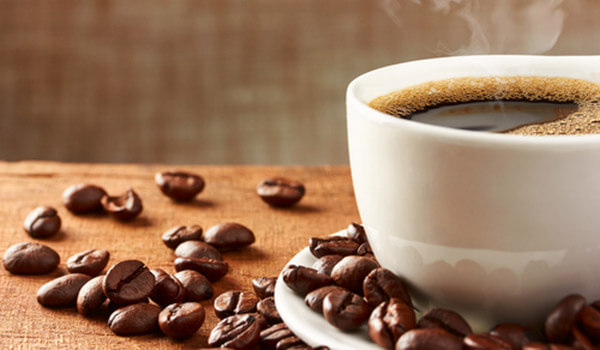
Many of us use caffeine to get through work and everyday activities. You may get your caffeine in different forms, such as coffee, tea, or energy drinks, but did you know how it works on the brain? What about other sources of caffeine? You might even be concerned about how caffeine can keep you from sleeping. Here’s a short look at how caffeine works and how you can keep feeling refreshed without giving up your caffeine habit.
How Caffeine Works
At this time, there is still a lot that scientists are discovering about the brain, caffeine, and how the two interact with each other. The short version is that your brain and the neurons in it are constantly working and sending messages to your entire body. When they’re doing this, they produce adenosine. When adenosine hits its chemical receptors — spaces where bodily chemicals cause reactions — your body starts to get sluggish and tired, as an increase in adenosine is a signal you should sleep and rest.
Caffeine works by acting like adenosine and taking the place of adenosine in those receptors. This means the body doesn’t get the reaction — getting tired — caused by adenosine finding its receptors. The body then releases its own stimulants to keep the body awake and alert. In fact, your body treats consuming caffeine in the same way it treats an oncoming threat — your body is filled with adrenaline and endorphins that heighten awareness. In essence, caffeine itself isn’t what keeps you alert, but it makes it easier for your body to keep itself going.
What can make caffeine tricky to work with is how you can build a tolerance to it. This is when you need more and more caffeine to feel the same level of alertness as before. The problem with this strategy is caffeine will always wear off, leading to a crash and fatigue. Having more caffeine will prevent the crash from happening, but the continued adrenaline and other substances can make you jumpy and on edge.
One of the main concerns of caffeine consumption is how it can affect sleep. Since caffeine blocks the receptors that tell the body when to slow down, too much caffeine can make it difficult to get rest. This doesn’t mean you have to entirely cut out caffeine, but it does mean you need to be aware of how caffeine might affect your sleep.
Know How Much Caffeine You’re Consuming
There are some obvious culprits when it comes to containing caffeine, such as soft drinks, coffee, tea, and energy drinks. However, there can be caffeine in places you wouldn’t expect, such as medications and candy. This site has a short list of the approximate levels of caffeine in common products, while this one also adds calorie content.
Think About Your Particulars
There are some people who are genetically more sensitive to the effects of caffeine. Additionally, you might be more sensitive to caffeine as a result of age, weight, medications (especially oral birth control), and other factors. If you’re in an angry or anxious mood, caffeine can make your mood worse. Be sure think about these kinds of factors when you’re thinking about consuming caffeine.
Time of Day
It takes most people about six hours to fully process a serving of caffeine. This means that consuming coffee in the late afternoon can impact your ability to seep later that night. A good general guideline is to avoid consuming caffeine after lunch to avoid this issue.
Caffeine Nap
If you absolutely need a quick refresher and you can take a nap, caffeine can actually make your nap more effective. First, take a serving of caffeine, such as a cup of coffee. Then, have a nap or doze for only 15 minutes—any longer will make your brain go into a normal sleep cycle that will leave you groggy when you wake up. By the time you wake up from the nap, the caffeine will have kicked in, leaving you more refreshed than a nap or caffeine alone. Obviously, this isn’t a strategy to use all of the time, but for events such as road trips, it can be beneficial.
Caffeine is in many substances that we consume and use every day. By learning about how caffeine works and how you react to it, you can still enjoy caffeine and keep yourself healthy.

